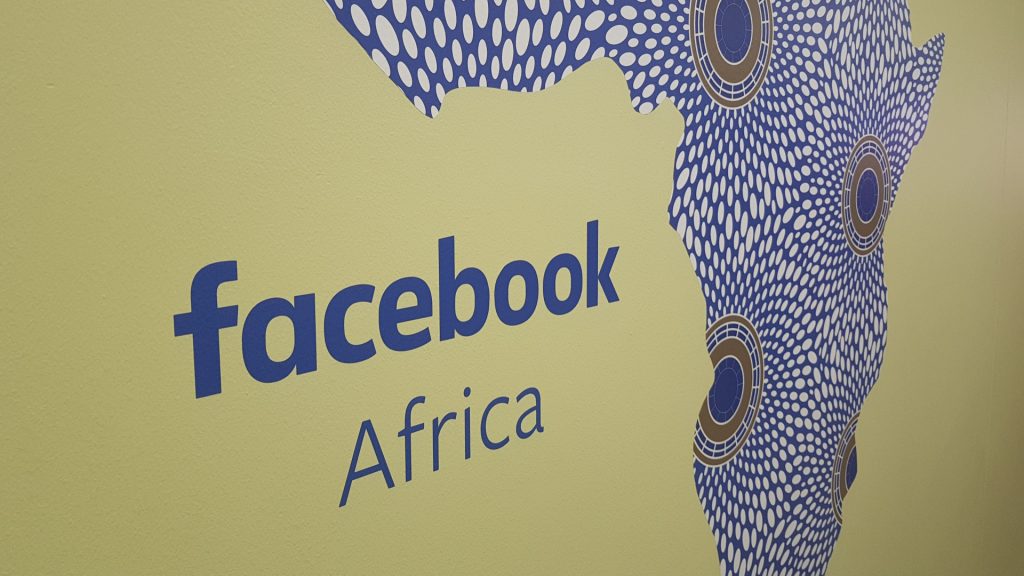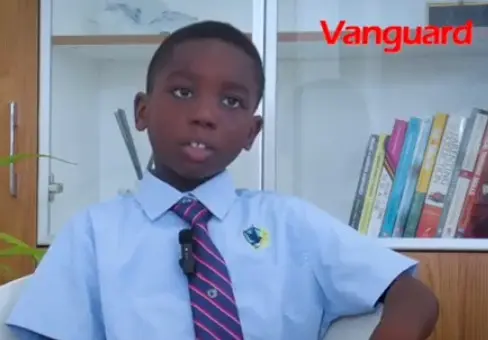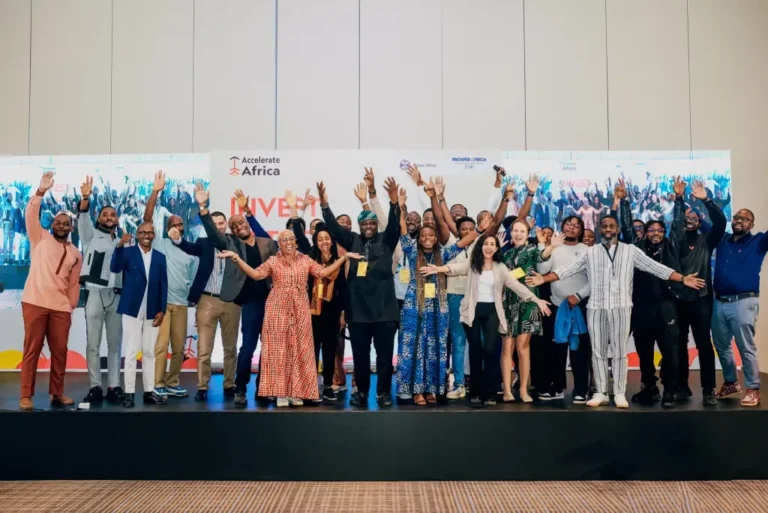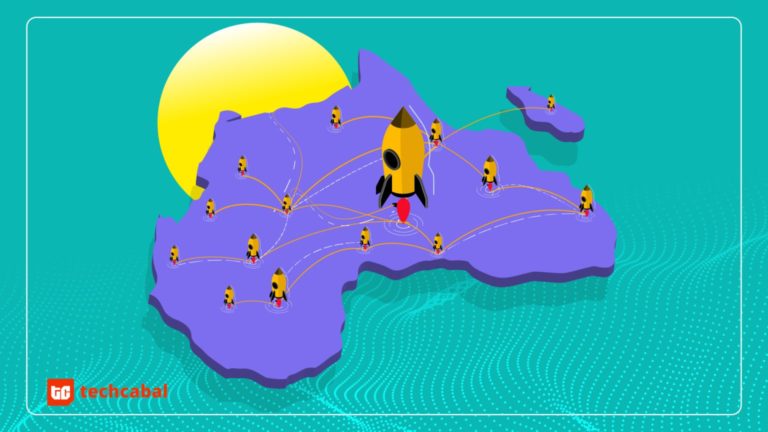Facebook faces backlash for poor treatment of African content moderators

According to a recent TIME article, Meta-owned Facebook has come under fire for its treatment of African content moderators.
TIME revealed that Sama, the company in charge of Facebook’s Sub-Saharan Africa content moderation since 2019, was subjecting content moderators in Nairobi to poor pay and working conditions. Sama also provides data labeling services to tech behemoths such as Google and Microsoft.
Facebook stated that it will have spent more than $5 billion on safety measures by 2021. It hires over 15,000 content moderators around the world, the majority of whom are employed by third-party companies like Sama.
“The work that we do is a kind of mental torture,” said one employee, who currently works as a Sama Facebook content moderator. “Whatever I’m living on is a hand-to-mouth existence.” I’m not going to be able to save anything. I’m tempted to resign at times. But then I wonder, “What will my baby eat?”
Six Ethiopians resigned in January as a result of the working conditions. Remember that Facebook is battling to reduce the influence of content on its platform, which is causing real-world violence in Ethiopia. According to TIME, at least two Sama content moderators resigned after being diagnosed with mental illnesses such as PTSD, anxiety, and depression.
Many others described being traumatized by their jobs but being unable to obtain formal diagnoses due to a lack of access to quality mental healthcare. Some people described continuing to work despite trauma because they didn’t have any other options.
When content moderators threatened to strike in the summer of 2019 unless they were given better pay and working conditions, Sama responded by flying two highly-paid executives from San Francisco to Nairobi to deal with the uprising.
South African Daniel Motaung, who was in the process of formally filing trade union papers at the time of the attempted strike, was fired shortly after.
Sama accused him of taking actions that would jeopardize the company’s relationship with Facebook. According to several employees, Sama told other participants in the labor action effort that they were expendable and that they should either resign or return to work. The workers ended their strike before the seven-day period was up, and there was no pay increase.
Sama denied any strike or labor action had taken place.
Payslips obtained by TIME show that Sama pays foreign employees a monthly pre-tax salary of around 60,000 Kenyan shillings ($528), which includes a monthly bonus for relocating from elsewhere in Africa.
Based on a 45-hour work week, this equates to about $440 per month after taxes, or a take-home wage of about $2.20 per hour. Sama employees from Kenya who do not receive the monthly relocation bonus are paid a take-home wage of around $1.46 per hour after taxes.
According to a 2021 study conducted by three MIT researchers, the average salary at Sama, including benefits, was approximately 2.5 times the Kenyan minimum wage. However, workers claim that these wages only cover the necessities of life and do not allow them to save or improve their financial situations.
Employees also complained about working long hours—up to nine hours per day, including breaks—and about having their screen time monitored. TIME obtained copies of Sama content moderators’ performance reviews and discovered that the moderators were measured against target metrics for average time spent and quality. This evidence contradicts Facebook’s public statement that it does not set expectations for its contractors.
In a 2018 blog post, Ellen Silver, Facebook’s vice president of operations, stated, “A common misconception about content reviewers is that they are driven by quotas and pressured to make hasty decisions.” “Let me be clear: content reviewers are not required to evaluate a predetermined number of posts… We encourage reviewers to take their time.”
Ben Walters, a Meta spokesperson, confirmed this statement.
The social media giant has also implemented some safeguards to protect moderators, such as the ability to render videos in black and white or add blurring. However, one Sama employee stated that he does not use these options due to the pressure to meet quotas. “How can you tell whether or not content is violating unless you can see it clearly?” “I can’t tell if it’s black and white or blurred,” the employee explained. “Some people use it, but I don’t.” Because if I act incorrectly on that [content], I will be penalized.”
This report adds to a seemingly never-ending string of public controversies surrounding Facebook in recent years. Despite claiming innocence in this case, the social media giant must hold its contractors, such as Sama, to higher standards or risk having its name dragged through the mud.







